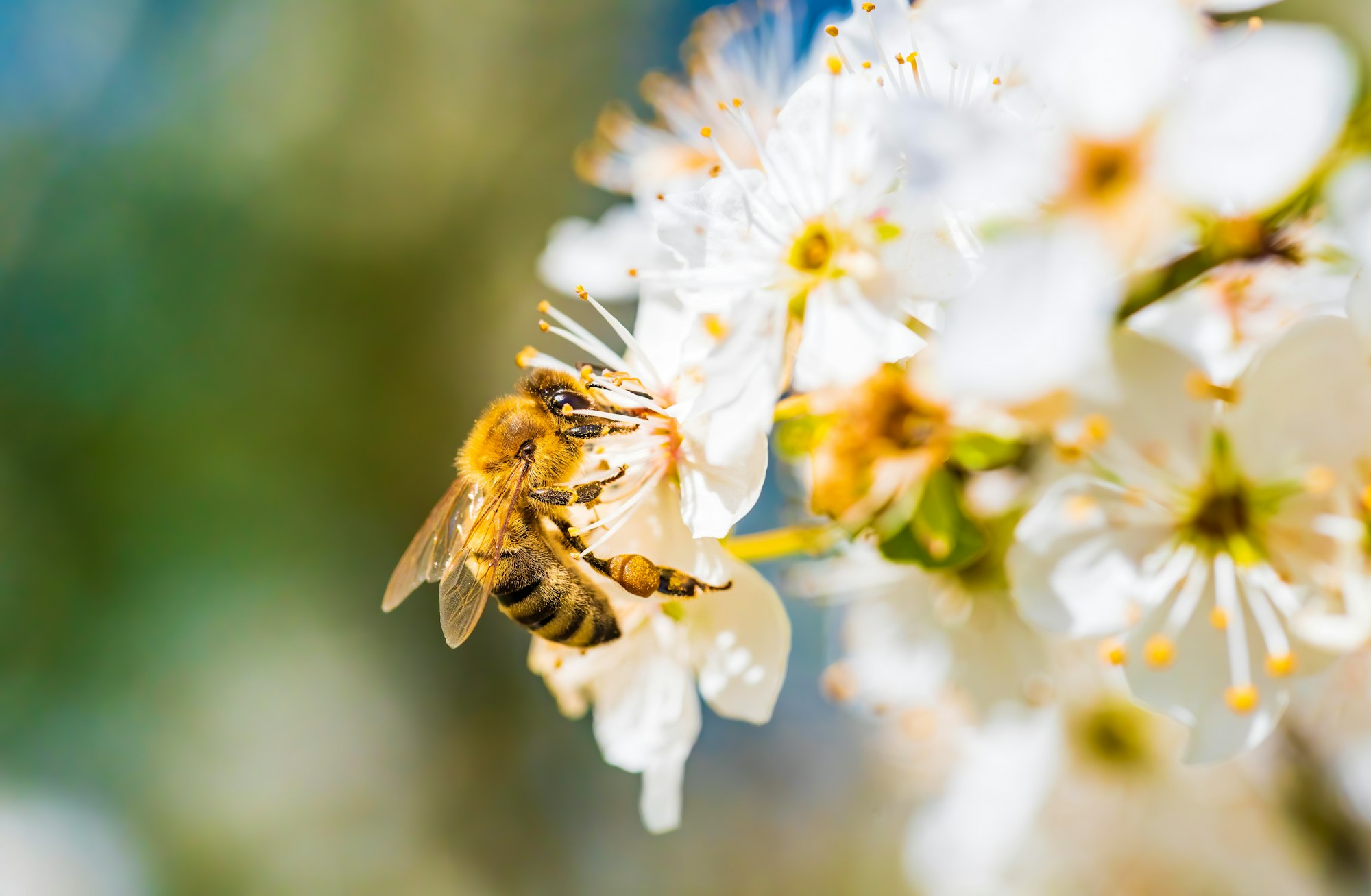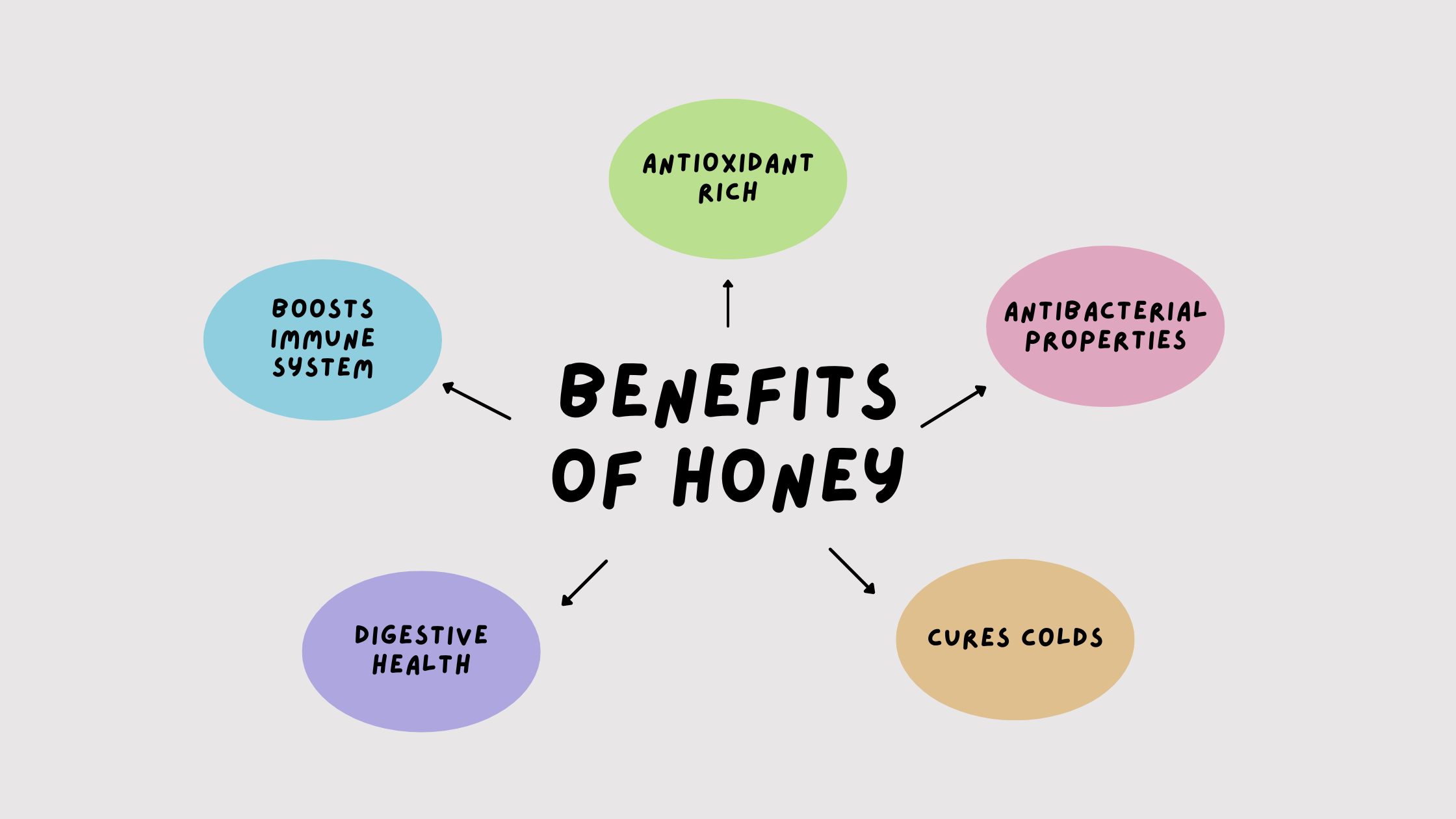
Honey has long been cherished as one of nature’s most remarkable gifts. Its golden sweetness is enjoyed not only for its taste but also for its incredible healing properties. In fact, honey holds a special place in Islamic tradition and has been praised in both the Quran and the Hadith for its therapeutic and health benefits. What’s even more fascinating is that modern science continues to uncover the many ways in which honey is a natural remedy, validating the wisdom found in Islamic teachings.
In this article, we will explore the significance of honey in Islam and how contemporary scientific research confirms its role as a powerful healing agent. This convergence of faith and science offers a deeper appreciation for the natural remedies provided by Allah and the holistic approach to health and wellness promoted in Islamic teachings.
The Quran explicitly mentions honey and highlights its beneficial properties. In Surah An-Nahl (16:68-69), Allah describes the process by which honey is produced:
“And your Lord inspired to the bee, ‘Take for yourself among the mountains, houses, and among the trees and [in] that which they construct. Then eat from all the fruits and follow the ways of your Lord laid down.’ There emerges from their bellies a drink, varying in colors, in which there is healing for people. Indeed, in that is a sign for a people who give thought.”

This verse not only acknowledges the incredible process by which bees produce honey but also emphasizes its medicinal properties—“healing for people”. For Muslims, this serves as a reminder that Allah has created natural remedies to maintain good health and treat illness. Honey is portrayed as a gift from Allah, one that comes directly from nature and offers both nourishment and healing.
In addition to the Quranic reference, the Prophet Muhammad (peace be upon him) also spoke highly of honey and recommended its use for healing. There are several hadiths in which the Prophet (PBUH) encouraged the consumption of honey for its medicinal benefits. One notable hadith mentions:
“Honey is a remedy for every illness, and the Quran is a remedy for all illnesses of the mind. Therefore, I recommend to you both remedies, the Quran and honey.” (Sahih Bukhari)
This hadith highlights the importance of both spiritual and physical remedies in maintaining overall well-being. Honey is seen not just as food, but as a cure for physical ailments, just as the Quran serves as a cure for spiritual and emotional illnesses.
In recent years, modern science has validated many of the health benefits associated with honey. Researchers have found that honey possesses numerous properties that make it an effective natural treatment for a variety of conditions. Here are some of the key scientific findings that confirm what Islamic teachings have long advocated:
One of the most well-known benefits of honey is its ability to fight infections. Honey has natural antibacterial and antimicrobial properties, which can help kill harmful bacteria and prevent infections. Studies have shown that honey, especially raw and unprocessed honey, can be effective in treating wounds, burns, and skin infections.
Manuka honey, in particular, has gained recognition for its potent antibacterial properties and is often used in hospitals and clinics to treat wounds that are resistant to conventional antibiotics. This supports the Islamic teaching that honey can be used as a healing agent, especially for external ailments.

Honey is packed with antioxidants, compounds that help protect the body from oxidative stress and free radicals. Antioxidants play a crucial role in preventing cell damage, reducing inflammation, and lowering the risk of chronic diseases such as heart disease and cancer.
Regular consumption of honey, especially darker varieties such as buckwheat honey, has been shown to boost the body’s antioxidant levels. This ties into the Quranic concept of honey being a healing substance, promoting long-term health and protection from disease.
Honey has long been used as a natural remedy for soothing coughs and sore throats. The World Health Organization (WHO) and several studies suggest that honey can be just as effective, if not more so, than over-the-counter cough medicines, especially in children.
A study published in the Archives of Pediatrics & Adolescent Medicine found that honey was more effective in reducing nighttime coughing in children than traditional cough suppressants. Its soothing properties help coat the throat and reduce irritation, making it an excellent natural alternative for cold and flu symptoms.
Honey is also known to promote digestive health. It has been shown to help in treating digestive issues such as acid reflux, indigestion, and even gastric ulcers. The enzymes in honey aid in digestion by breaking down food more effectively, while its anti-inflammatory properties help soothe the stomach lining.
In one hadith, the Prophet Muhammad (PBUH) advised a man to consume honey for his brother’s stomach ailment, and after repeated use, the man was cured. This reflects the Prophetic knowledge of honey’s ability to support digestive health, something modern science now confirms.
Regular consumption of honey has been shown to boost the immune system by increasing the production of white blood cells, which are critical in fighting off infections. Honey’s rich blend of vitamins, minerals, and antioxidants helps strengthen the body’s natural defenses.
This aligns with the Islamic view of honey as a preventive remedy that not only cures illness but also supports overall wellness by fortifying the body against disease.

Given its incredible benefits, incorporating honey into your daily routine is a simple yet powerful way to support your health. Here are a few practical ways Muslims can follow the Sunnah and enjoy the healing properties of honey:
Start the Day with Honey: Consider having a spoonful of honey mixed with warm water or tea in the morning. This can help jumpstart your metabolism, soothe your digestive system, and give your body a natural energy boost.
Use Honey as a Natural Sweetener: Instead of sugar or artificial sweeteners, opt for honey in your beverages, baking, or cooking. It adds sweetness while also providing health benefits that processed sugars cannot offer.
Apply Honey Topically for Wounds and Burns: If you have a minor burn or cut, applying raw honey can speed up the healing process. Just be sure to use medical-grade honey for more serious wounds or infections.
Soothe a Cough with Honey: If you or your children have a cough or sore throat, try a spoonful of honey, especially before bed. It’s a natural, effective way to reduce coughing and improve sleep.
The mention of honey in the Quran and Hadith as a source of healing is not only a spiritual truth but also a scientific reality. Wh
ether we consider its antibacterial properties, its ability to soothe coughs, or its role in boosting the immune system, honey stands out as one of the most potent natural remedies. For Muslims, this convergence of faith and science reinforces the idea that Allah’s creation is purposeful and beneficial.
By integrating honey into your daily life, not only are you following the Sunnah, but you’re also taking a holistic approach to health that benefits both body and soul. Whether used for its physical healing properties or as a reminder of the blessings of nature, honey truly is a miracle that embodies the wisdom of Islamic teachings.